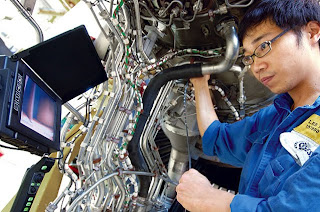As a former director of a 20ish person division at the Massachusetts Department of Environmental Protection, I learned a few things about "friendly fire". When you hire new staff and grow a program, they are good people and want to "do" something as regulators. Sometimes, it's tough to get across that "less is more".
One of my favorite staffers was also one of the most frustrated. He was frequently writing up "guidance documents" for how to recycle, how to run a waste ban inspection, etc. etc. A prolific writer. One of the things he liked to write was surveys to mail out to the recyclers.
I'd ask him why he needed the information, e.g. number of employees at each recycler, or type of baler? He looked at me quizzically. We were the state, we were supposed to know.





